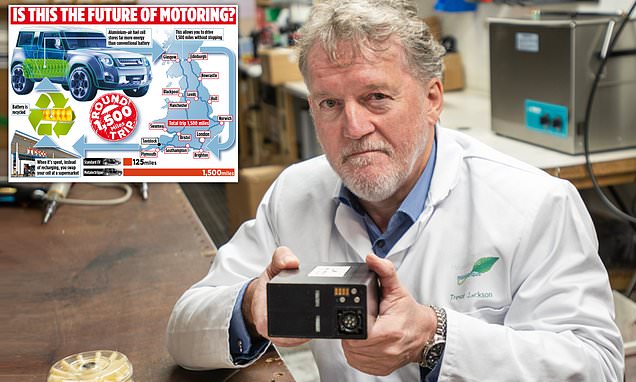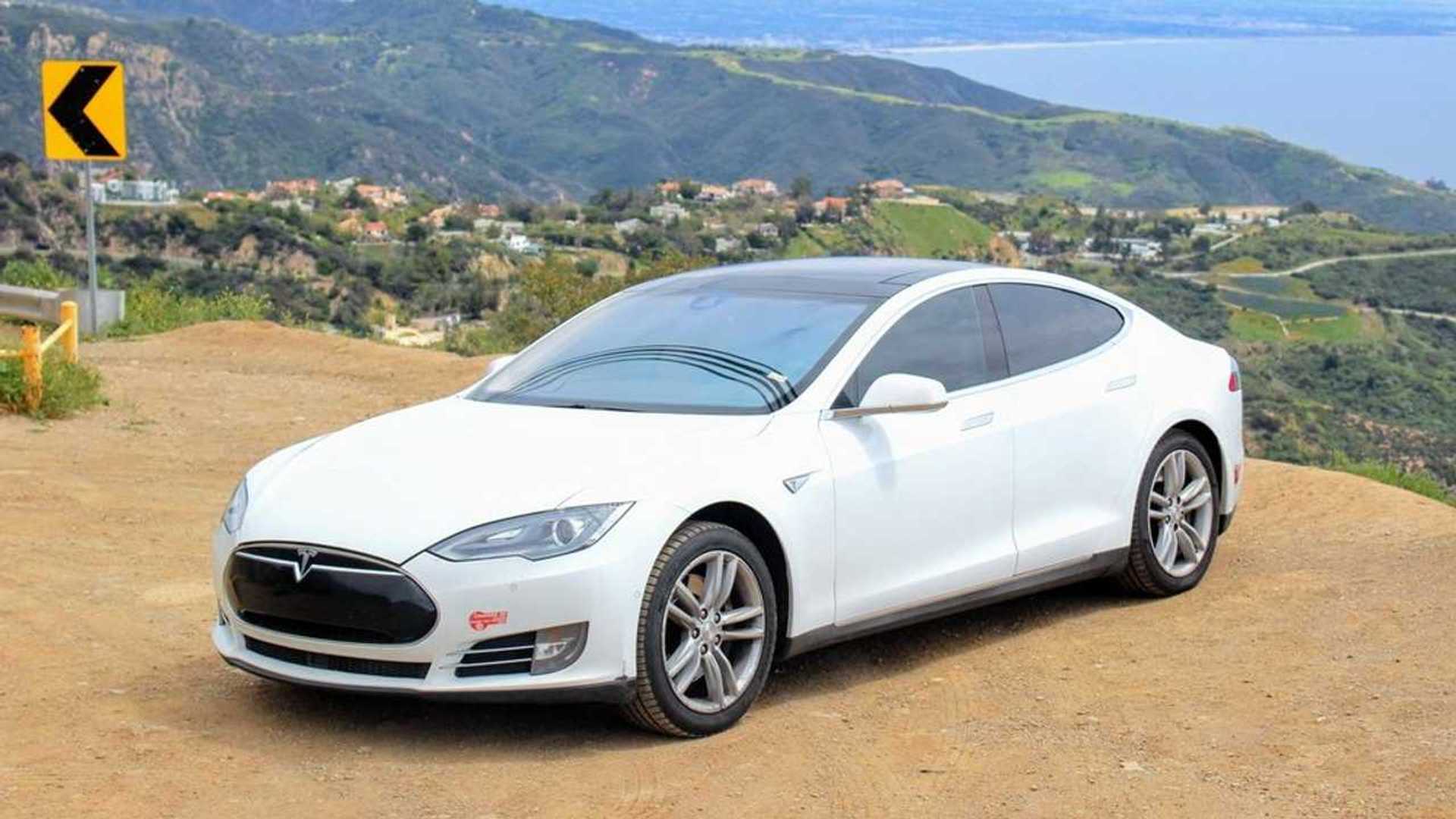Yes, EVs are better for particulates. They do still generate tyre and road dust, but much less from the brakes and, it goes without saying, none from the exhaust pipe! There is an argument that EVs are a bit heavier and so generate more tyre dust when braking, which is widely debated and may be true, but the thing about particulates (unlike greenhouse gases) is that it matters
where you generate them, because they don't generally travel very far. EVs generate no particulates at all when they're stationary waiting for the lights and almost none in slow-moving traffic around houses, schools, city centres. If the weight difference should turn out to be enough to offset the tailpipe emissions overall, it will at least be happening chiefly on fast, out-of-town roads where it is much less harmful.
Almost every argument against electric vehicles from an environmental point of view, it seems to me, goes something like this: "But EVs still have problem X", whether problem X is "they still cause CO2 emissions" or "they take energy to manufacture" or "they eventually wear out and have to be recycled" or "some of their materials need to be dug out of the ground" or "they still generate particulates" or whatever. And yes, amazingly, EVs are not perfect, angelic beings which solve all the world's problems! But they are so much better than internal combustion vehicles on almost all of these 'problem Xs' that it would be tragic for people to write them off just because they aren't perfect.

There are good reasons why they're not right for everybody yet. They're more expensive, for a year or two, anyway. If you live in a city with no off-street parking they can be much harder to charge. If you regularly drive more than 200 miles without stopping, they are less convenient. You can't get them in every form factor yet. And if you have a perfectly good car at present, of course, you shouldn't throw it away!
But if you're buying a new (or newish car), I'd definitely recommend thinking seriously about an electric one if you can afford it. They're great fun, and you can start learning about the future. Because if your
next car isn't electric, I bet you that the one after that almost certainly will be!



